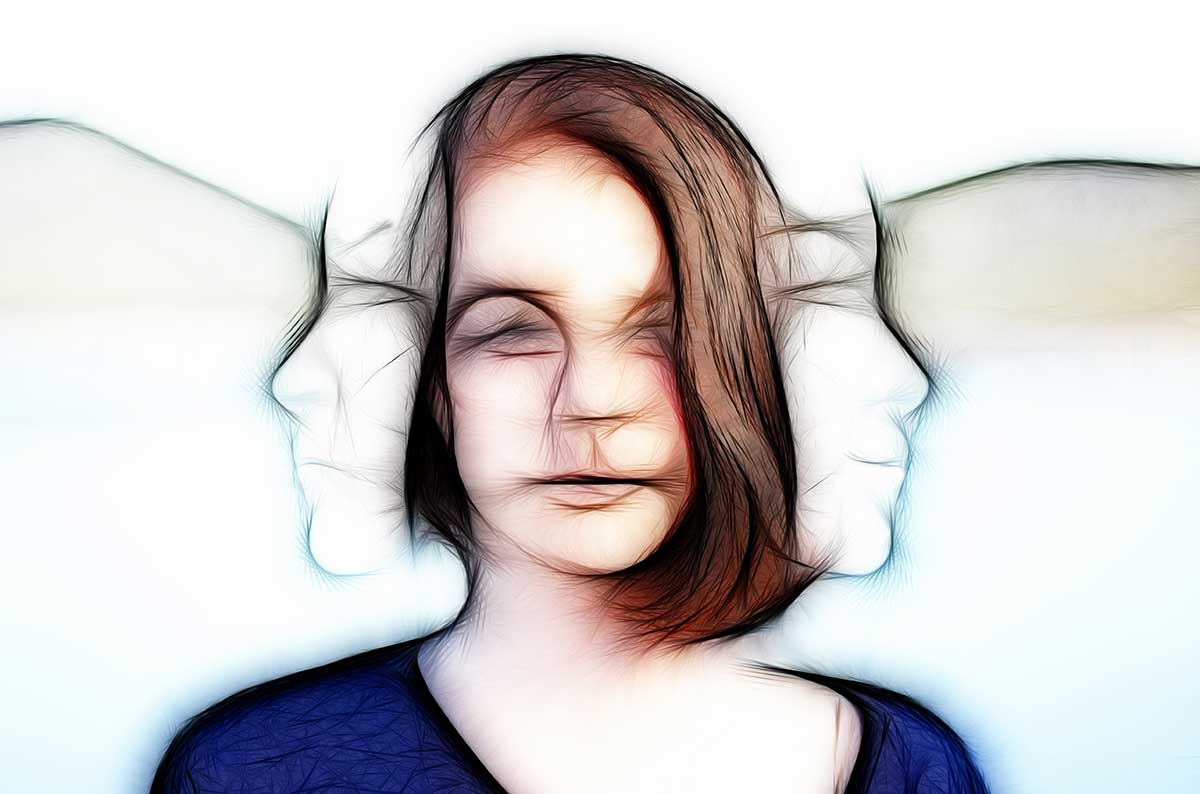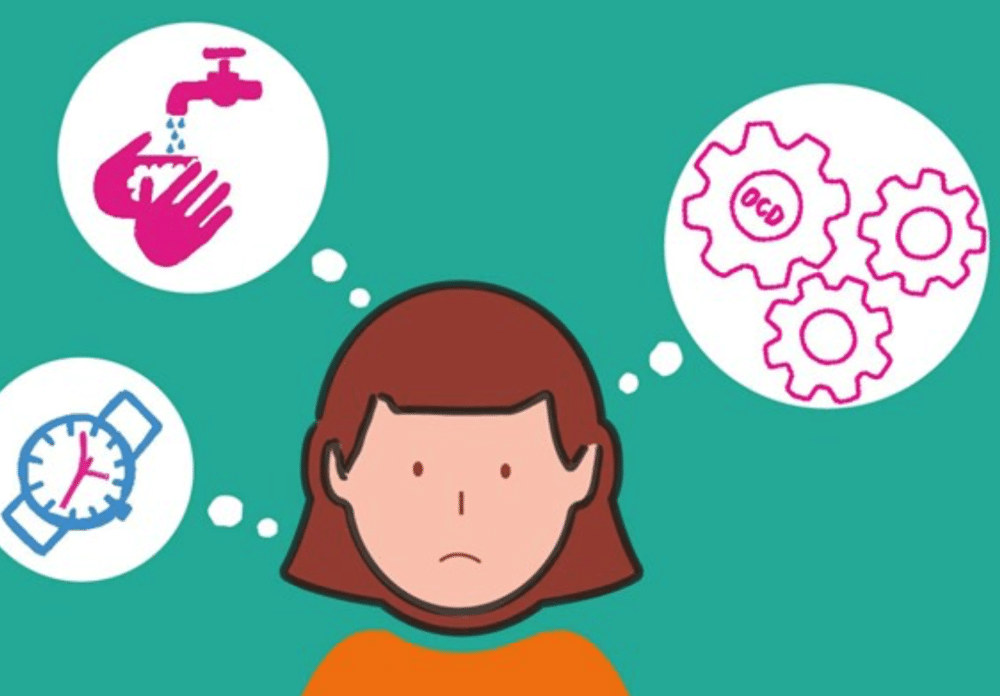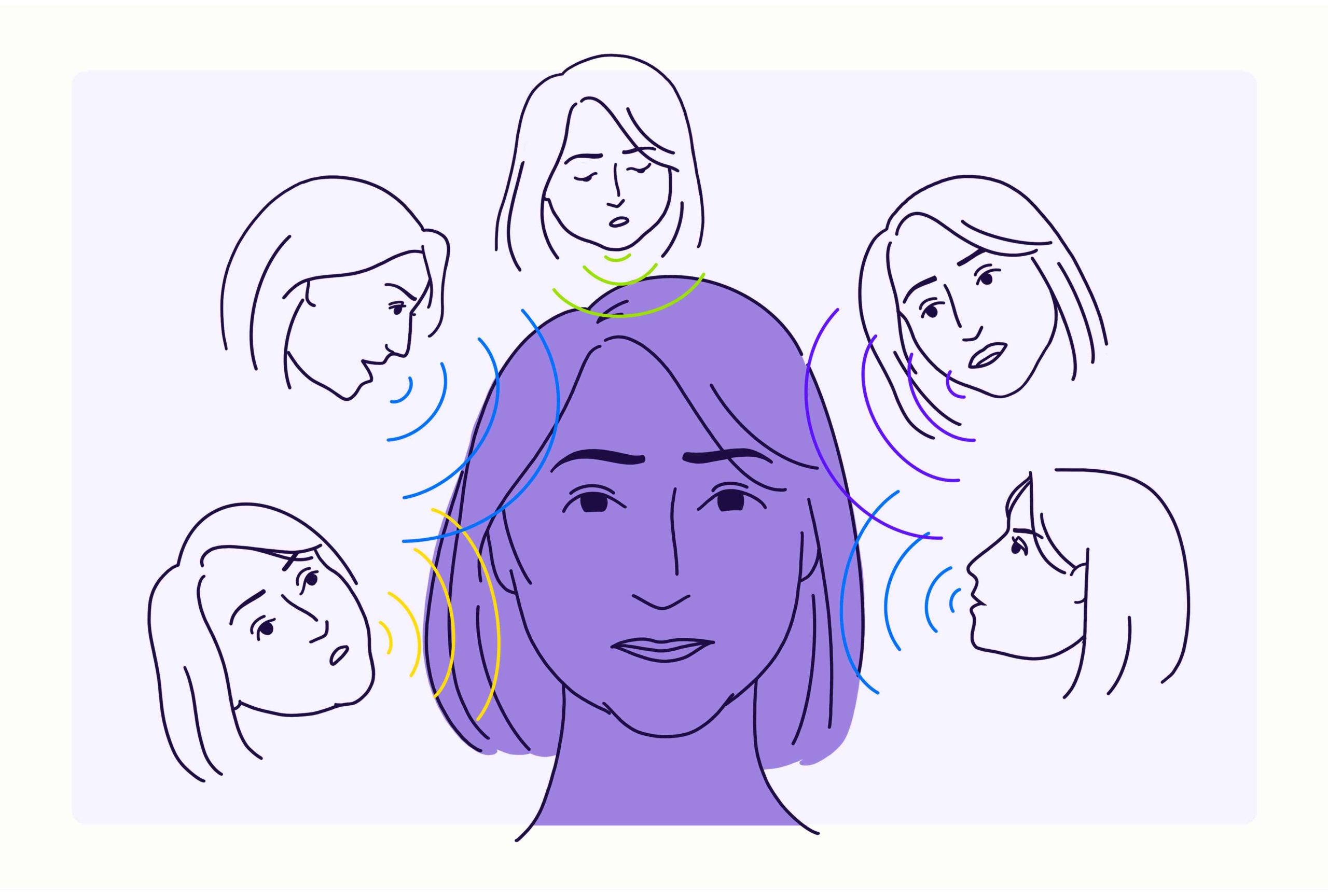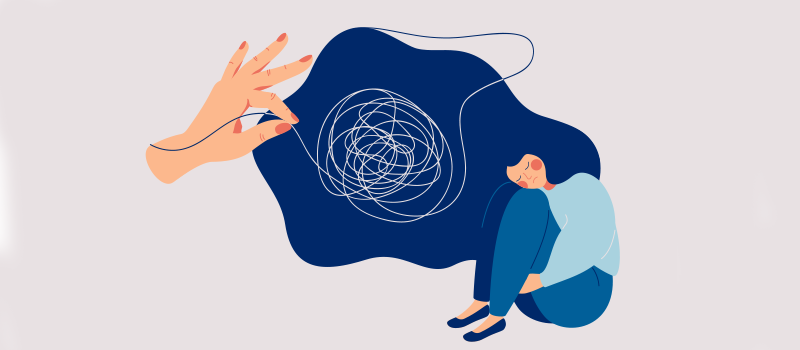Borderline Personality Disorder
1. Definition Borderline Personality Disorder (BPD) is a serious mental disorder characterized by pervasive instability in moods, interpersonal relationships, self-image, and behavior. This instability often disrupts family and work life, long-term planning, and an individual’s sense of self-identity. 2. Diagnostic Criteria (DSM-5-TR) The DSM-5-TR specifies several criteria for diagnosing BPD, which include: Frantic efforts to […]







